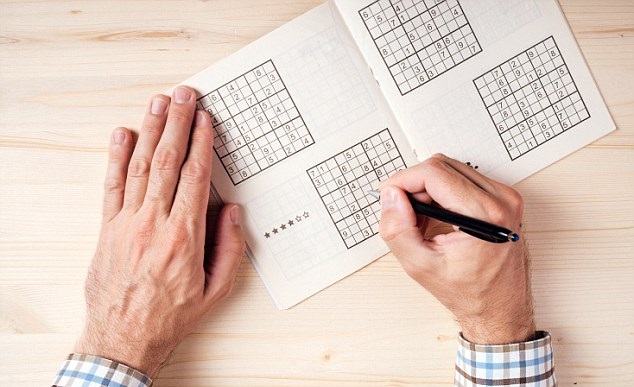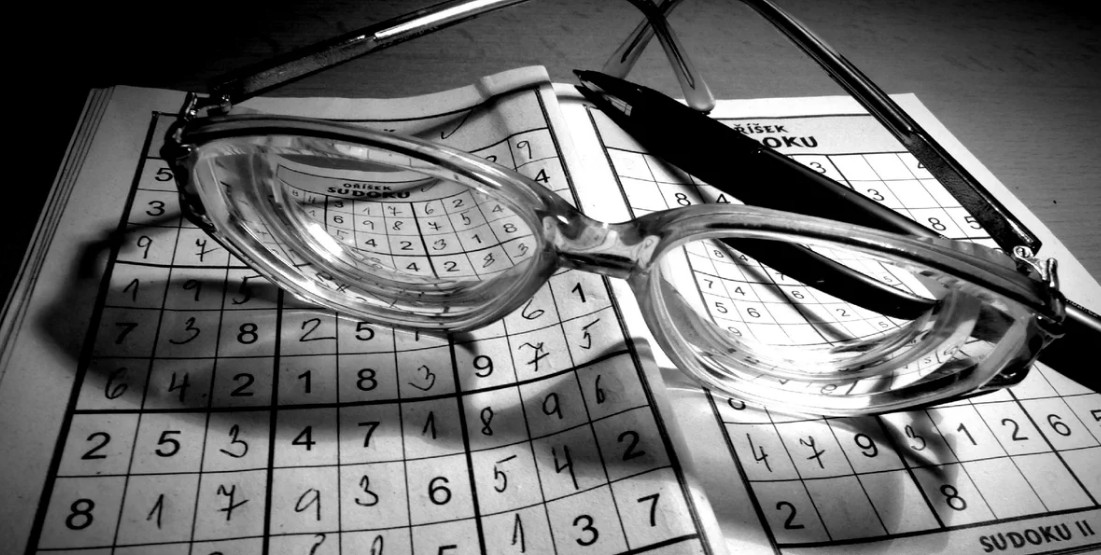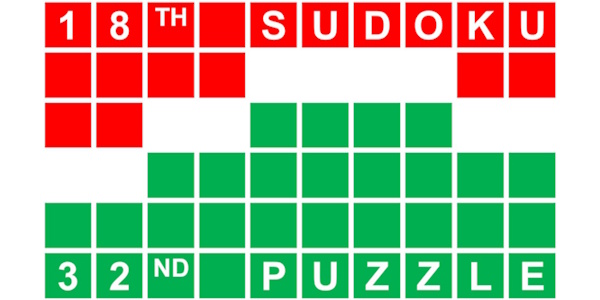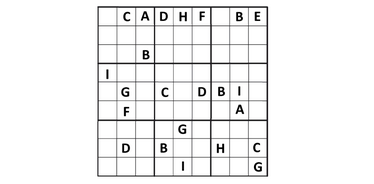Thomas Snyder is an American who holds the Guinness World Record for being the "fastest Sudoku solver." He's got a few world championship titles to his name. Snyder is the second-fastest, behind Japan's Kota Morinishi. Morinishi has won the World Championship four times: in 2014, 2015, 2017, and 2018. Snyder isn't going to give up, though. He's already won three times: in 2007, 2008, and 2011. The World Sudoku Championship is going to be held in Canada in 2023, and Snyder is already among the participants.

If you're looking to conquer the puzzle, we suggest you pay attention to a few simple tips from the world champion.
Sudoku is not entertainment, but science
Thomas Snyder is not only a world champion, but he's also currently employed by Stanford University. The scientist's main areas of interest are DNA and the automation of science. It seems that Thomas Snyder not only spends time in the research laboratory of biomechanics, but also conducts experiments on his own body.
When he's solving Sudoku puzzles, Snyder uses a logical method (the same one he uses in his research lab). The world champion is open about it: "In Sudoku, you start from scratch. It's the same as in the lab. First, you need to set a goal. But you don't know how to achieve it. "Then the question of how to make progress starts to occupy your mind." In science, you have to run a series of experiments and/or chemical reactions to reach a certain point. The idea is basically the same in Sudoku, but you have to collect numbers instead. In both cases, as the American admits, he gets caught up in it for a long time. As you learn more, you get closer to achieving your goal.
Sudoku requires consistency and methodicalness
The person who holds the record for solving the puzzle the fastest says that you need to be methodical and consistent. The expert says it's best not to focus on one square at a time. Instead, look at the whole grid and analyze the list of possible variants. This method helps you spot numbers and values that the player might have missed. As you're looking over the field, it's a good idea to ask yourself: "Where am I doing well, and where can I improve?"
Practice every day
Tom Snyder says that championships and records aren't handed out without reason. He exercises his brain every day by doing Sudoku puzzles. He also says that it's become easier in recent years. If he had to buy newspapers, magazines, and special issues back in the early 2000s, today he can just launch a mobile app and play Sudoku online.
Snyder has a few apps with different levels of difficulty. The three-time world champion says he starts every morning with a puzzle, not a cup of coffee. It's a great way to start the day—more invigorating than any drink and it helps wake up the brain.
Maybe this is what makes champions tick: just "hitting the same target" day in, day out.

Calm in the midst of storms and tempests
Any Sudoku competition, including the world championship, is all about excitement, anticipation, emotions, and a bit of nervous excitement. Thomas Snyder is quick to point out that he knows it all. Only cyborgs can be worry-free.
To stay calm, competitors use different techniques. For instance, an American competitor reminds himself that solving puzzles isn't his job and that it's not the be-all and end-all. It can be tough to treat puzzles as just entertainment during the competition, but it really helps Snyder to relieve some of the tension.
If you feel like you've reached a dead end, it's worth taking a step back and looking for a distraction. There's no point in putting unnecessary pressure on yourself when you're stuck on a "white square."
Thomas Snyder says that when you're solving puzzles, you often get the feeling that your brain is actually working. Of course, this isn't always the case. When a player sees simple tasks, they often click on them quickly without really understanding what they are doing. The brain starts to engage with more complex tasks, which is when you see the gears in motion.
He admits that champions aren't born. To win regional, national, and international tournaments, you need to put in a lot of practice. Don't assume that winners in competitions are born with some kind of super-skill or super-brain. The key to developing any skill is to be methodical, practice regularly, and fully immerse yourself in the task at hand.



